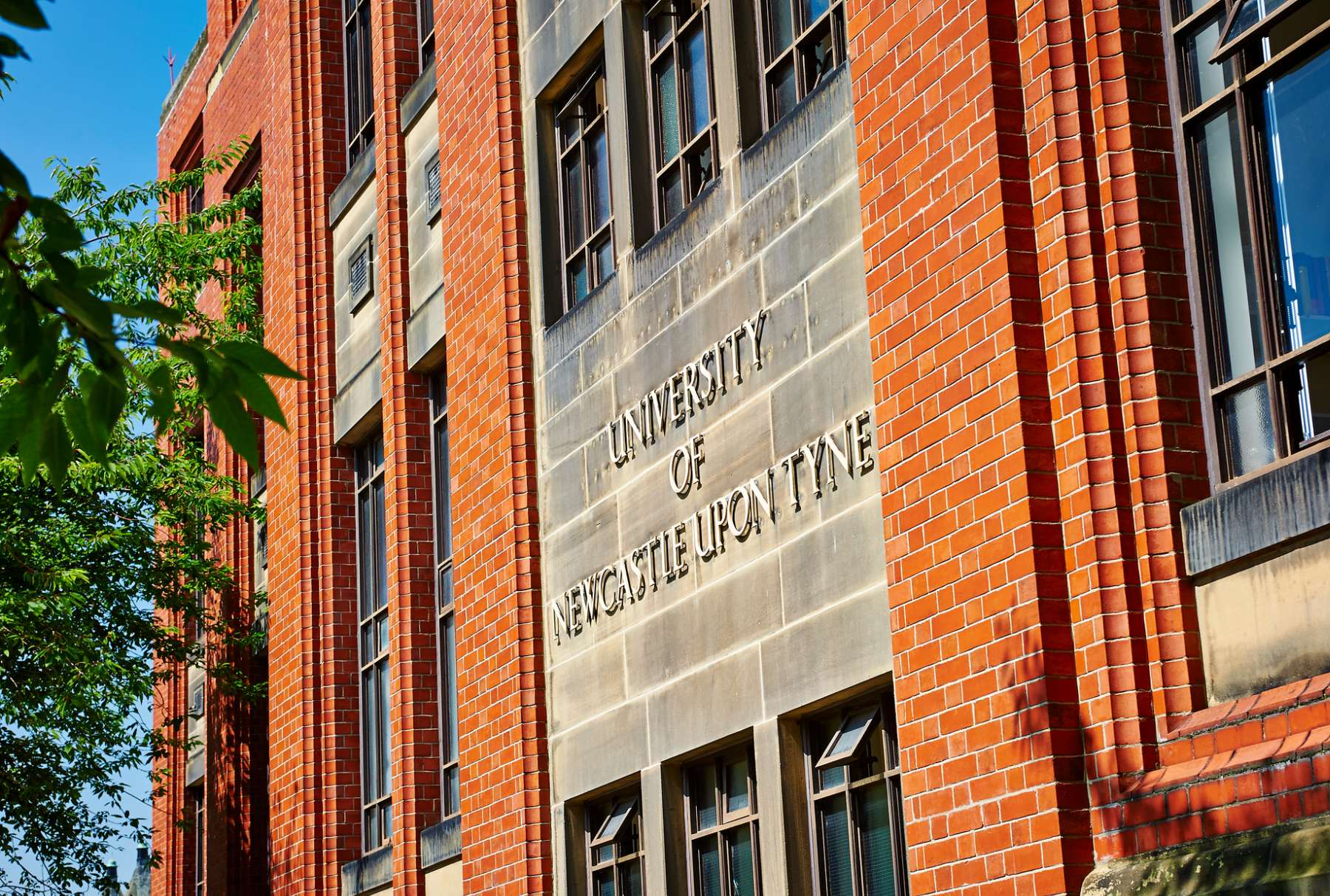Classroom Space
In a project funded by a legacy from a local person, Winifred Smith, with a concern for education, we are conducting an audit of primary school classrooms in North East England.
Background
The aim of the project is to investigate the physical characteristics of local primary school classrooms and to share this information so it can be used by teachers, schools leaders and other researchers.
The intention is to examine the classrooms that are in use - size, layouts, storage, decoration - and relate that to teacher satisfaction. The information, anonymised, will be entered into a web-based data-base.
This will enable other teachers and school leaders to see how teaching spaces in their own schools compare, and follow through case studies for tips on coping with a challenging or awkward space.
Description of activities
The initial data collection involves the researcher visiting local schools where she is given access to two classrooms and introductions to the teachers who currently teach in them. In each classroom, the researcher will
- take photographs
- from observation and measurement, record information about the physical characteristics of the room
- complete a sketch map of the room
- record basic characteristics of the class that mainly uses the room, including class size and year group
- collect a brief questionnaire from the teacher relating to experience and satisfaction with the room
This data is then added to by users of the data-base, so building up an ever widening view of local classroom space.
Aims and objectives
- Collect data about actual classrooms in use in local primary schools.
- Develop understanding of how teachers and their practices relate to the physical characteristics of their space: how physical factors contribute to educational use and teacher satisfaction; how teachers adapt their classrooms.
- To share this knowledge and build on it, through an online data-base where other teachers can enter details of their own classroom spaces. This will serve as searchable resource for researchers, teachers, school leaders and others.
Contact
For further information, contact:
Pam Woolner
Email: pamela.woolner@ncl.ac.uk
Telephone: 0191 208 5470
